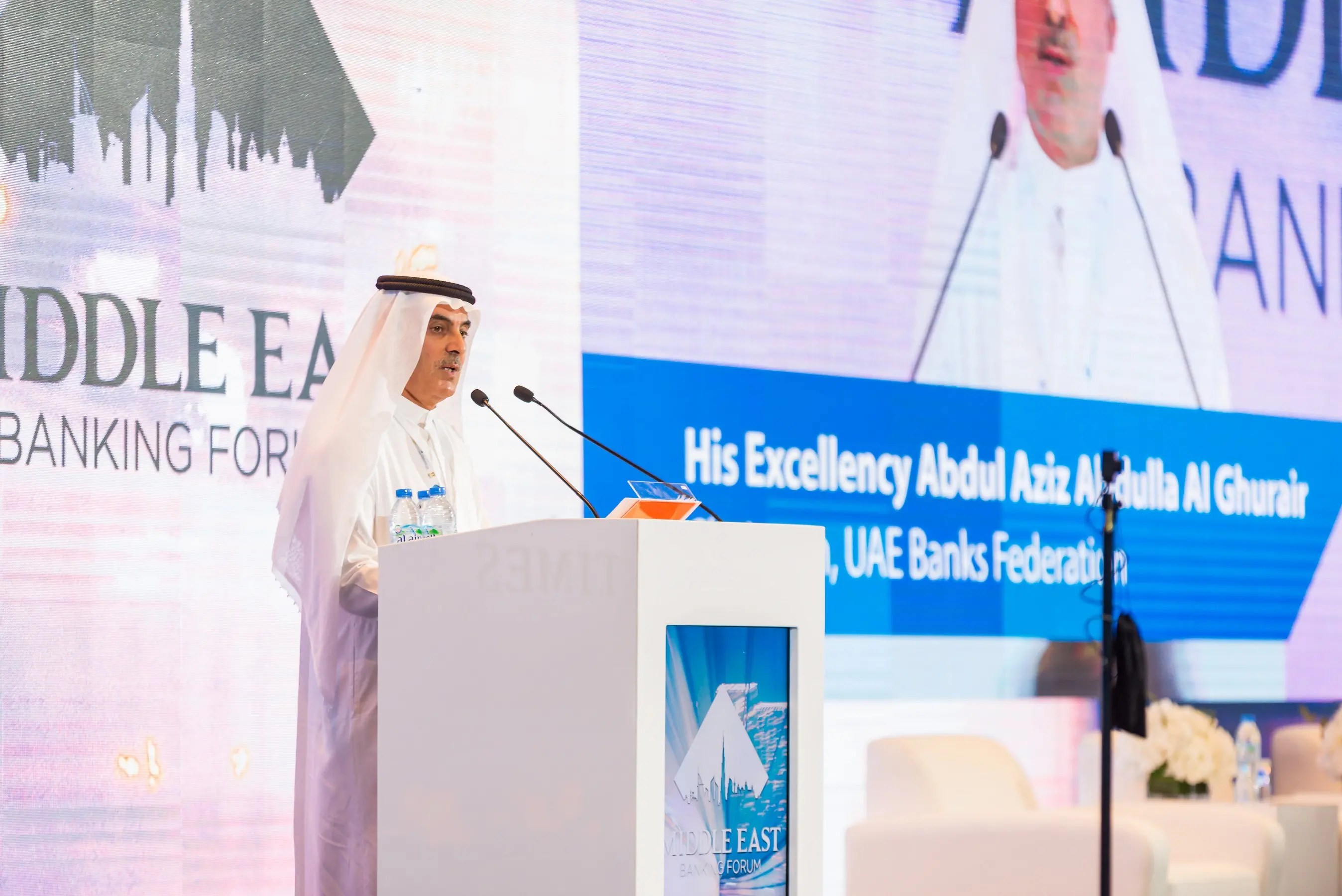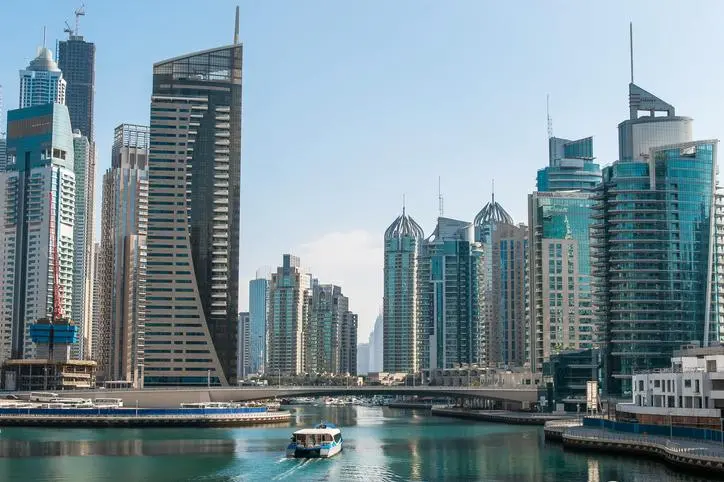PHOTO
A cap on banks’ exposure to the real estate sector set in 1980 was removed last month, but the chairman of United Arab Emirates Banks Federation has said that loan-to-value (LTV) ratios for individual investors remain ‘good’ due to the unique nature of the country’s transient population.
The 20 per cent cap, on banks’ total exposure to real estate in relation to total deposits, dates back to Banking Law 10 of 1980, which was replaced last month by the new Central Bank law.
While the UAE Central Bank will now have the freedom to set a new cap on banks’ exposure, depending on market conditions, real estate investors must still have something at stake in properties bought in the UAE, said HE AbdulAziz Al Ghurair, chairman of the UAE Banks Federation (UBF), at a press conference at Sunday’s Middle East Banking Forum 2018.
“We want our customers to have something at stake, we do not want them to be overextended,” he said.
He said current LTV ratios – set at 80 per loan for UAE nationals and 75 per cent for expats were ‘good’ and that the UAE population was ‘unique’ due to the high proportion of expatriates.
“We have to look at the bad times in the market as well as the good,” he said. “The existing ratio is a good ratio.”
On the banking side, Al Ghurair said the UBF was in discussion with the Central Bank to define the term “real estate” as related to banks’ exposure to the sector. For example, it was being discussed whether schools and hospitals qualify as real estate, or whether hotels qualify as real estate, or fall under the industry category.
Al Ghurair also said that there were plans to remove 50 per cent of the 68 billion UAE dirhams cash in circulation within five years, as administrating the use of cash – through the use of ATMS, and through printing and other factors, amounted to a four per cent cost.


Abdulaziz Al Ghurair at the Middle East Banking Forum 2018
This ambition will be aided by the Emirates Digital Wallet, which Al Ghurair said will be launched soon, initiated by the UBF and currently joined by 16 banks in the UAE. He said it would ‘provid[e] an instant account opening ecosystem for all UAE residents, allowing them to carry out payments and transfers through their own mobile device.’
A unified customer complaints handling network has also been set up by the Central Bank to be applied across all banks, he added, telling reporters that low level complaints such as minor banking charges would still be handled by banks internally, but customers now have recourse to the Central Bank on larger issues such as interest rate increases on debt. “We want customers to understand what is their rights in banking, and what is not their rights,” he said.
Delegates also heard from Al Ghurair that the UAE banking sector remains the largest in the Arab World, with total banking sector assets at the end of September 2018 reaching $763 billion (US).
(Reporting by Imogen Lillywhite; Editing by Michael Fahy)
(Imogen.lillywhite@refinitiv.com)
Disclaimer: This article is provided for informational purposes only. The content does not provide tax, legal or investment advice or opinion regarding the suitability, value or profitability of any particular security, portfolio or investment strategy. Read our full disclaimer policy here.
© ZAWYA 2018





















